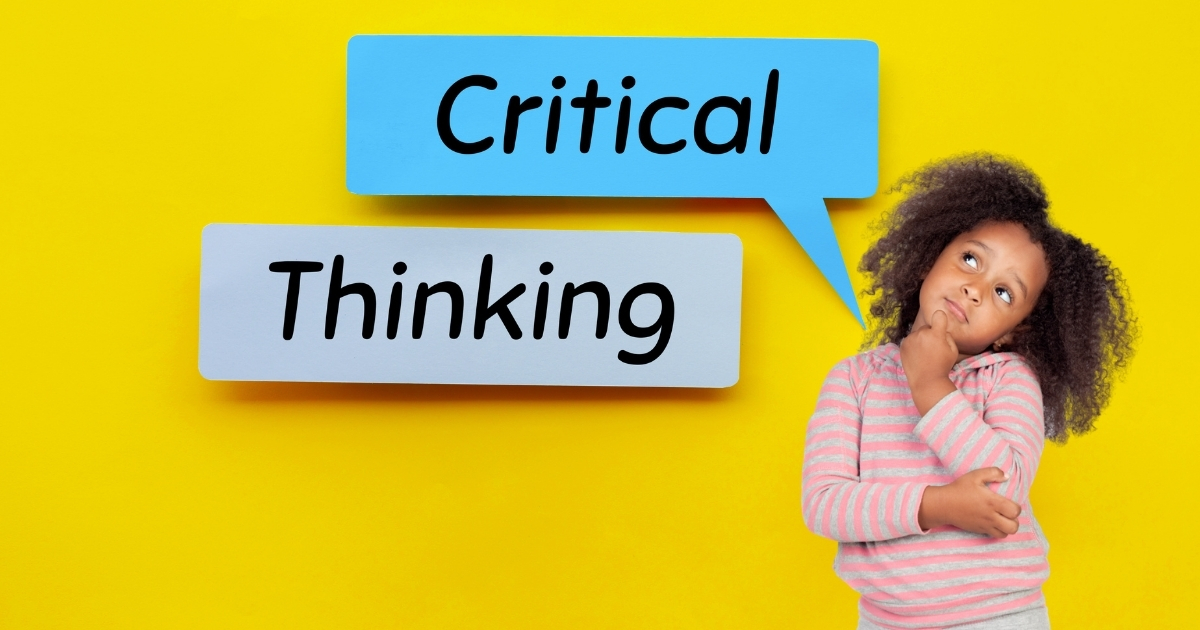Are you a homeschooling parent looking for innovative methods to keep your child engaged while teaching complex subjects? Look no further. Integrating simulations and role-playing into your political science curriculum can be both fun and educational. These interactive techniques not only make learning exciting but also offer practical insights into the intricate world of politics. […]




